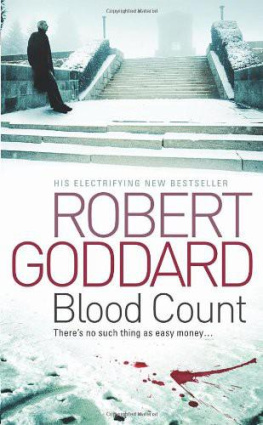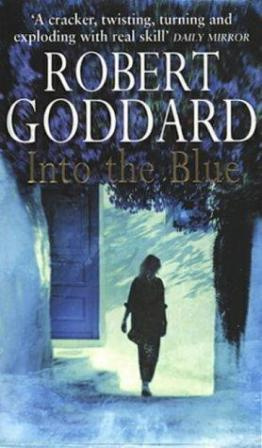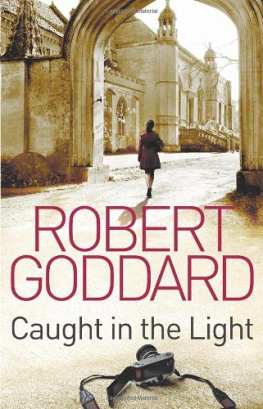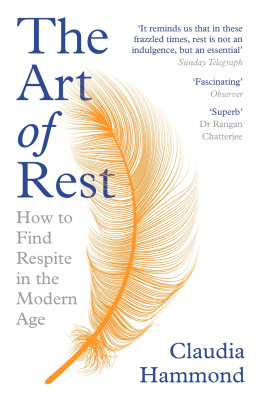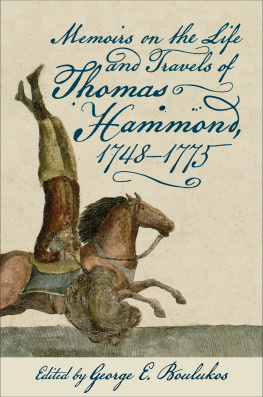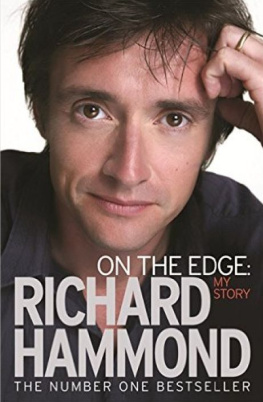About the Book
Theres no such thing as easy money. As surgeon Edward Hammond is about to find out. Thirteen years ago he performed a life-saving operation on Serbian gangster Dragan Gazi. Now Gazi is standing trial for war crimes at the international court in The Hague. After Hammond saved his life, Gazis men went on to slaughter thousands in the Balkan civil wars.
Gazis family have a favour to ask: in exchange for keeping Hammonds dirty little secret and a bigger secret he hadnt even realized he was implicated in they want him to find the man who holds the key to all the money Gazi squirrelled away before his arrest. But Italian financier Marco Piravani doesnt want to be found, not by Hammond, not by anyone. No sooner has Hammond tracked him down than he disappears again. Hammond has no choice but to set off in pursuit.
The trail leads first to The Hague, where he makes an unlikely ally of Gazis former mistress, Zineta Perovc. They head for Italy, in search of Piravani, then Switzerland, where the money may be hidden, before Hammond is forced to return to Belgrade. There he must confront the bloody legacy of Gazis career and his share of the blame for it.
Blood Count is not only a brilliant, race-against-time thriller but also a penetrating examination of cause and effect. In this novel, every action has a consequence and every question must have an answer. Only then will Hammond be able to lay the past to rest
Contents
BLOOD COUNT
Robert Goddard

ONE
The holiday starts here, Edward Hammond murmured to himself. He took a sip of sparkling mineral water and gazed idly across the club lounge, out through the wide windows at the gated and taxiing aircraft on the runway. Heathrow, on a grey February afternoon, made for an uninspiring vista, but Hammonds sights were already set on the ski slopes of Austria, where conditions, according to the newspaper, were outstanding: superb powder at Obergurgl, no less.
Peter and Julie were already in Austria, in the middle of a fortnights break. Hammond had spoken to Julie last night and learnt for the first time that a friend called Sophie had joined them. This sounded to him suspiciously like a matchmaking ploy not the first such effort on Julies part to find him a wife during the thirteen years that had passed since Kates death. Maybe something would happen between him and Sophie, maybe not, but marriage was certainly not on the horizon as far as he was concerned.
He was aware, of course, that he was more than averagely good-looking for a man of fifty-two. He went to some lengths (twenty in the pool, for starters) to keep himself so and had ample evidence of his attractiveness to women. His wealth and his status in the world qualified him as a desirable catch. But he did not wish to be caught. Marriage to Kate, and the manner of its ending, had left him wary of long-term relationships. Their daughter, Alice, now halfway through her first year at university, had often assured him she would not stand in his way. I only want you to be happy, Dad. And that was what he always claimed and generally believed himself to be: happy up to a point.
A mans state of mind, a psychiatrist friend had once told him, hinges on his ability to compromise between what is worth remembering and what is best forgotten; between what can be controlled and what cannot. It was a precept Hammond had tried to live by. One of the things besides the state of the Alpine ski resorts he had looked for in the newspaper was a name he knew he would eventually see in a headline. But the name had not been there. The proceedings he assumed were still continuing in The Hague did not currently merit the medias attention. And for that, at the outset of his much needed holiday, he was duly grateful.
But his gratitude was on a short lease. It ended, though he did not at first realize it, when someone close by said, Dr Hammond?
He opened his eyes to find a tall, curvaceous, strikingly attractive young woman standing in front of him. She was olive-skinned and dark-haired, dressed clingingly in black, with glittering jewellery and generous cleavage vying for his attention. She had a drink in one hand and a carry-on bag in the other. A smile might have been expected to complete the package, whatever exactly the package was, but she was not smiling. Quite the contrary. She looked as if smiling was the last thing she intended to do.
May I join you? There was an accent Spanish, he would have guessed wrapped round the huskily spoken English.
Certainly. Do we She sat down in the vacant chair next to his, dropping the bag at her feet. The ice clinked in her glass and the dangling hoops of her earrings chimed faintly in unison. Do we know each other? If she had ever been a patient of his, he felt sure he would remember. But nothing stirred in his memory.
I have seen you before. She took a sip of her drink it smelt like brandy and clunked the glass down beside his. But we have never talked to each other. Until now. She was breathing rapidly, he noticed. She was nervous, though what about he could not imagine.
Where did you see me before?
Belgrade. She cleared her throat. Thirteen years ago.
Really? He hoped he sounded airily unconcerned, though in truth he wished she had said anywhere else at any other time. His trip to Belgrade in the spring of 1996 was not something he welcomed any reminders of. The man he had gone there to treat was now being tried in The Hague. His crimes could in no sense be laid at Hammonds door. And yet I dont recall the occasion, he said, smiling casually.
My name is Ingrid Hurtado-Gazi, Dr Hammond, she said quietly. I am Dragan Gazis daughter.
He was not often lost for words. A facility for fluent and reassuring phrase-making was one of the strengths of his consulting-room manner. But it had deserted him now. He simply did not know what to say. Though he did know that silence was not an option. I see. Right. Of course. Well
When I saw you come in, I could not believe my luck.
Your luck?
I have a problem. A big problem. That is, my family does. We need help. From someone we can rely on.
Is your father ill? It would not have surprised Hammond to learn that he was, though there had been no mention of it in the reports of his arrest last year.
No. He is well. He is in a bad place. But he is well.
Then, what
Come over to the window. She nodded towards it, then cast an eloquent glance round at the smattering of people near by. The spot she was suggesting put them at a safer distance from potential eavesdroppers. And she was clearly certain Hammond would value such safety.
All right.
They rose and moved to the window. Their ghostly reflections hovered between them and the blank grey sky, into which a plane was languidly rising. But there was nothing languid about Hammonds thoughts. They were racing to find a way out of an encounter that was already uncomfortable and might, he sensed, become far worse than that. It had been a mistake ever to go to Belgrade. He had been extravagantly rewarded, but he could not say now where the money had gone. He always maintained that the character of a patient is irrelevant. But he did not really believe it. In Gazis case, how could he?
Where are you travelling to? he asked, determined to retain an unflustered air as long as possible.
Madrid. I have aunts and uncles there. It will be good to see them before I go home.
And home is?
Buenos Aires. Pap married my mother during his years in Argentina. Maybe he spoke to you about his time there?
No. He didnt. Nor had he spoken about the persecutions, deportations, imprisonments, expropriations and exterminations that would later lead to his indictment by the International Criminal Tribunal for the former Yugoslavia. He had not spoken. And Hammond had not asked.
Next page
